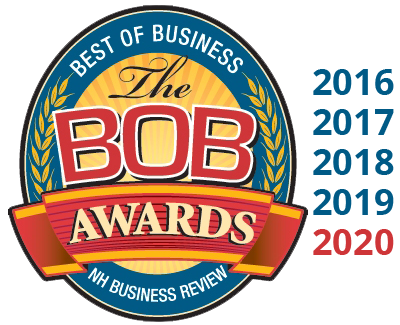YouTube and Facebook are both great platforms to use when it comes to sharing video, however, like any type of platform, they’re pros and cons to each. Choosing one platform over the other will usually depend on how you want your video to be shared and viewed.
Pros of YouTube
They’re lots of people who are constantly on YouTube looking for an interesting and entertaining video to watch, which is beneficial in itself. Not only does this help make it easier for users to find you, but it also means your content will last longer. If your video is compelling and entertaining for the viewer to watch, then the views will continually grow, and if the viewers are really enjoying your content, your video will become even more successful as these type of videos remain at the top on YouTube because of their success. They’re many types of videos that will stay relevant over the years as well, like seasonal videos.
Cons of YouTube
One of the downsides to sharing your video through YouTube is the fact that if you don’t already have a large audience following you through the platform, it is harder for your video to be seen. The videos that already have a large viewing will continue to remain at the top because of its popularity, as mentioned before. In order to get your video to be seen, you will usually be pulling from a small percentage of a broader demographic, and content on this platform will experience a slow build of views if you don’t have a big following. Viewers through YouTube may not be as engaged or wanting to start a discussion about your video as viewers might be through Facebook.
Pros of Facebook
Viewers on Facebook are mainly on the platform to connect with their friends and family, which can be beneficial when it comes to sharing video because when people do share a video through Facebook, they are usually sharing it because they want their friends and family to see it. This will not only create more engagement among the video, but people trust media that is shared from their friends and family more. People will also discuss and engage more through Facebook because that’s what the platform is used for. They’re leaving comments for people they know, which makes things more personable.
Cons of Facebook
Content on Facebook doesn’t remain as active as content on YouTube is. Once a video is shared through Facebook, it will usually create a lot of engagement in the beginning, but will slow down as more videos are being shared through the platform. Content isn’t normally being searched for on Facebook like it is on YouTube. When you share a video through Facebook, the success of that video will be determined by the amount of followers you already have, which means your video will only connect with those people and it will be up to the engagement of your audience whether your video is successful or not.
So, which platform is better? YouTube is generally better if you want to continue to build and maintain an online presence through engaging content. Facebook is better for those who want to create more of a conversation with your audience and grow your brand engagement.



